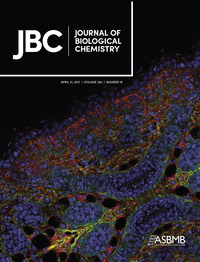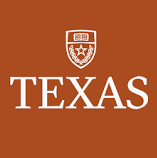 A disability journal has retracted a paper supposedly penned by a man with severe disabilities, citing duplication.
A disability journal has retracted a paper supposedly penned by a man with severe disabilities, citing duplication.
Although the reason for the retraction may sound run-of-the-mill, this situation is far from ordinary.
The author, known as DMan Johnson — or simply “D.J.” — has cerebral palsy, and was communicating using a controversial technique called “facilitated communication” with Anna Stubblefield, the former chairwoman of philosophy at Rutgers University. In October 2015, Stubblefield was convicted of sexually assaulting D.J., who has been diagnosed with spastic quadriplegia and severe mental retardation. The following month, she was sentenced to 12 years in prison.
In October 2015, Disability Studies Quarterly issued a statement that it was taking a second look at papers by Stubblefield, but did not specify which ones.
 A Federal U.S. court in North Carolina has denied a motion to dismiss a
A Federal U.S. court in North Carolina has denied a motion to dismiss a 



 A scientist has
A scientist has 


 PLOS ONE has retracted the last of five papers by a former employee of Pfizer, who the company
PLOS ONE has retracted the last of five papers by a former employee of Pfizer, who the company